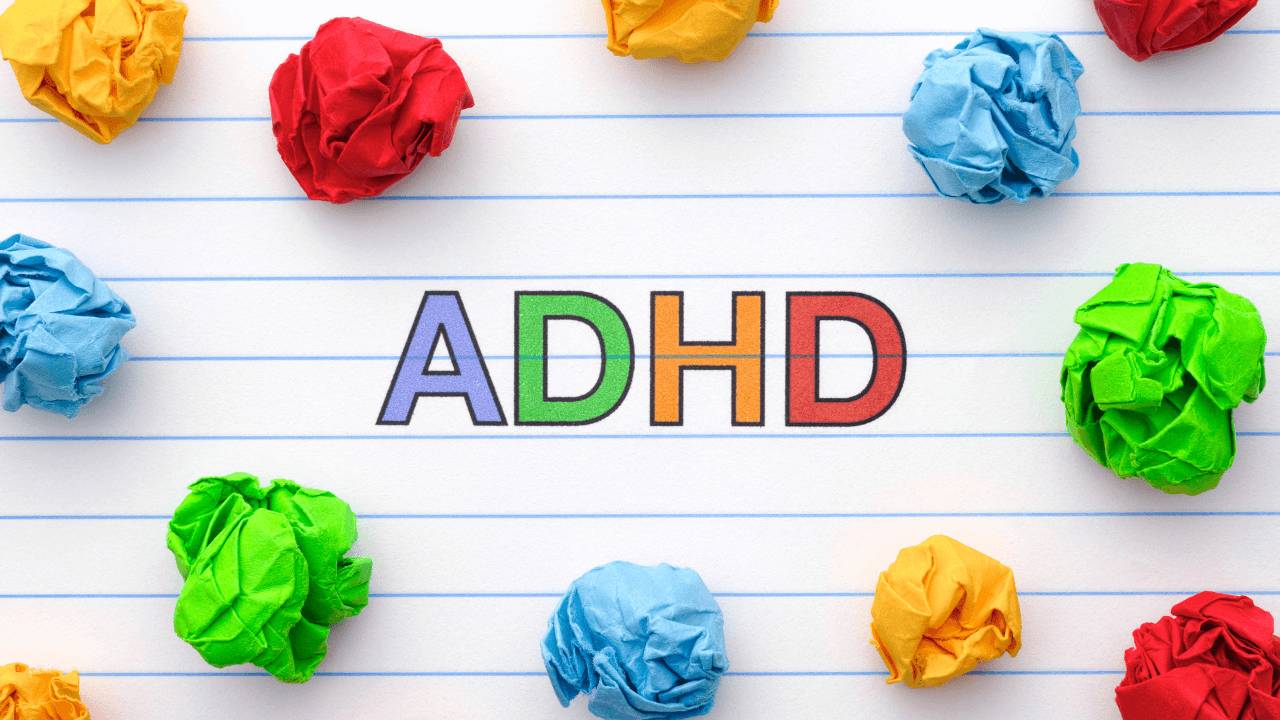The Redirection Trap
Sep 02, 2024
Picture This
It’s mid-morning at your center. The day is running smoothly until a small conflict arises—maybe over a toy or a disagreement. Your staff quickly steps in with redirection: “Hey, let’s go check out the art station!” The child’s focus shifts, tension eases, and the day moves on. Problem solved—for now.
Redirection: A Quick Fix
Redirection is a go-to strategy in early childhood education. It’s effective and helps maintain peace. But here’s the thing—it’s reactive. It solves the problem in the moment, but what about the next time?
If redirection is a common strategy in your center, it’s also helpful to consider how the language you use can influence these situations. You might find some useful tips in Say This, Not That: Language Tips for Daycares, which can help improve how conflicts are addressed.
The Limits of Redirection
A few days later, the same conflict happens. Once again, redirection works. But the child hasn’t really learned how to handle the situation—they’ve just been temporarily distracted. The underlying issue remains.
What if, instead of just redirecting, we helped the child understand why the conflict happened and how to handle it differently next time? It’s the difference between a quick fix and building long-term skills.
To turn these moments into learning opportunities, check out Maximizing Key Moments in Childcare, which offers strategies to make the most of these situations.
Building Long-Term Skills
Imagine if, after redirecting, a staff member sat down with the child to talk about what happened. They discuss the child’s feelings and explore better ways to respond. Over time, the child starts using these skills on their own. Next time, they pause, think, and choose a better way to react.
This proactive approach empowers children to handle situations more effectively in the future. We’re not just managing behaviors—we’re preventing them. Understanding how to give Meaningful vs. Generic Praise can also reinforce these new skills and positive behaviors.
Two Different Paths
One path relies solely on redirection, leading to repeated conflicts and stressed staff. The other combines redirection with skill-building, reducing conflicts and fostering growth. The choice isn’t just about managing behaviors—it’s about shaping the future of the children in your care.
The Bottom Line: Redirection Is Just the Start
Redirection is helpful, but it’s only the beginning. When we focus on building lasting skills, we move from managing behavior to shaping character—benefiting your staff, the children, and your entire center.




